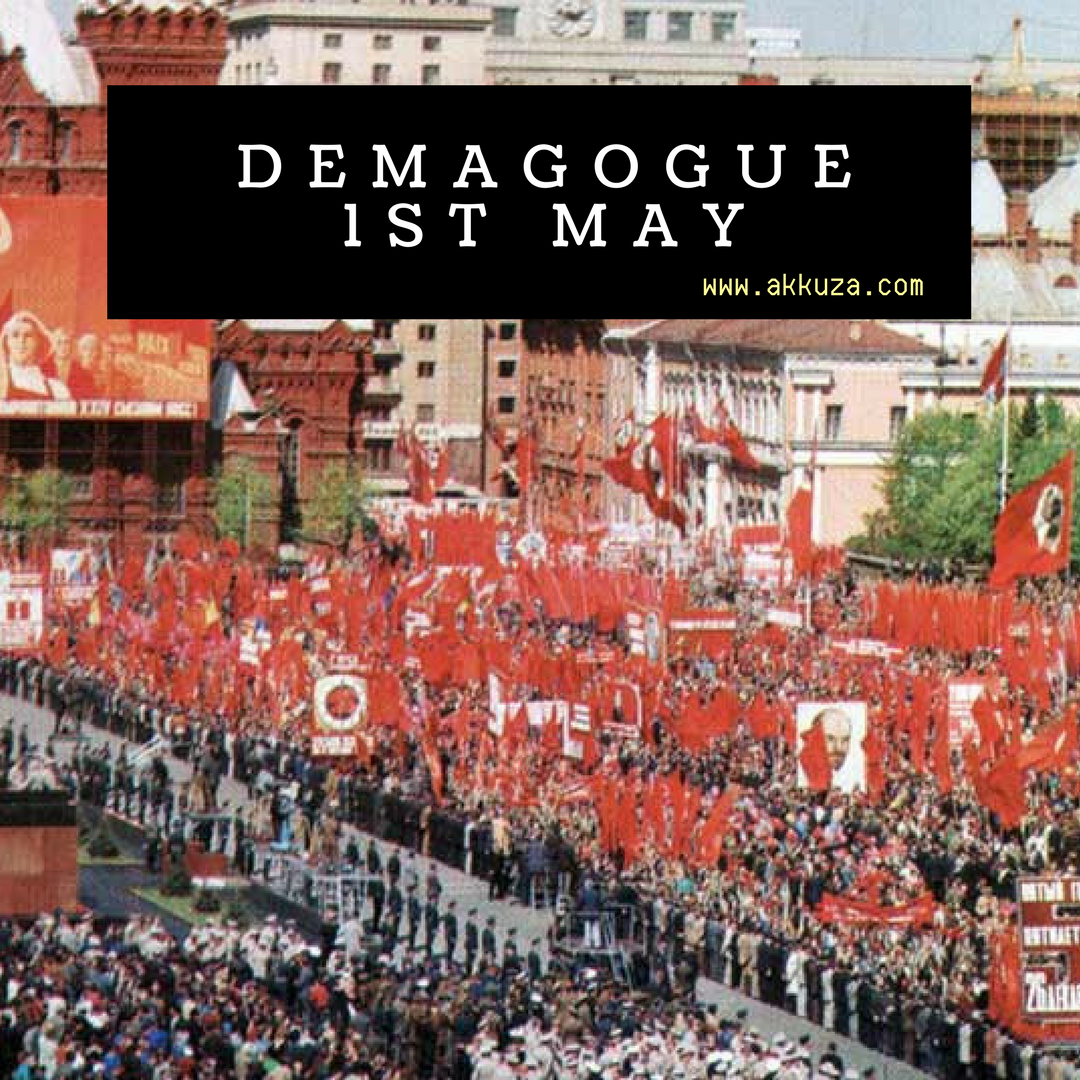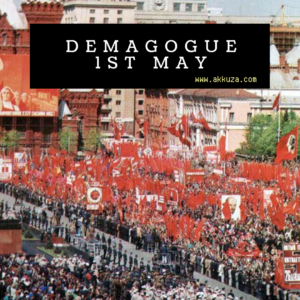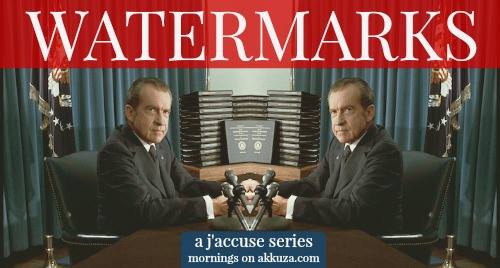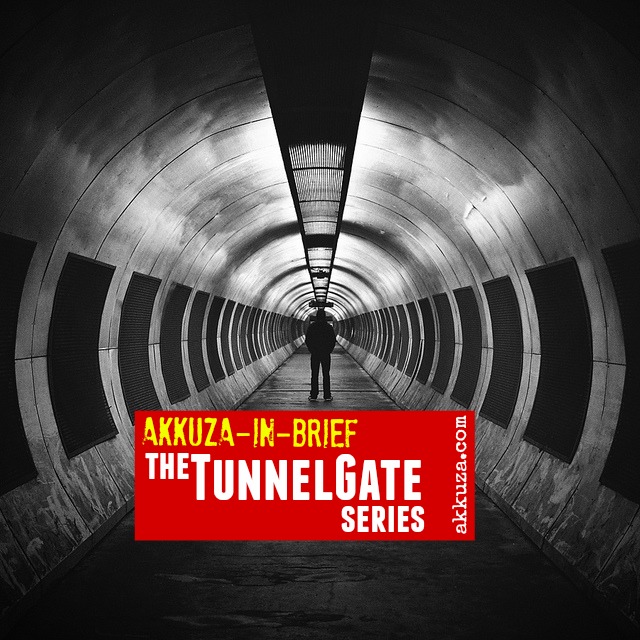
It’s Sunday morning and the nationalist party is gearing up for what it dubs a national protest against corruption. The Sunday papers are full to the brim with opinion articles, spin and (if you look really hard) factual reports about the issue that has a name: Panamagate. Over the week the men in Castille shifted through deny, downplay, riposte and finally deflect and distract motions. Nothing seems to work, and rightly so, because the issue is national, important and immediate. Mark Anthony Falzon’s column in the Sunday Times best explains why in the small picture Konrad Mizzi’s position is untenable. Falzon’s column can be added on to an earlier post in this blog explaining why even before delving deeply into Mizzi’s doings we could conclude that he was unfit for purpose. Mizzi, not Falzon.
I did say small picture though and I was careful when I said that. Don’t get me wrong, Panamagate is a scandal of gargantuan proportions. We are still coming to terms with the ramifications of what it all really means in terms of this government’s general program. Indian frauds and Azeri business deals have only just been brought into the fray while the feeble counter-ripostes from the government side have included reminders of how ex-Nationalist ministers (Ninu Zammit in particular) held millions in accounts abroad before being granted an amnesty by Joseph Muscat’s government. So yes, of itself and within its confines Panamagate is huge and insofar as the story of this bumbling government is concerned it should be a huge blow to its overall credentials for governance.
There is a bigger picture that we should objectively be looking at. It’s a wider look at the nature and workings of our body politic as a whole – beyond Panamagate, beyond the other PL government scandals, beyond the cases of corruption of ex-PN ministers that have come to surface and might yet surface. The bigger picture should be what the whole business of running our democracy is all about and understanding how it could be improved – not for the sakes and interests of the duopoly and a bit (I’ll get to that “bit” later) but for the sakes of a young Republic that needs renewal and revival.
Sunday’s protest is supposed to be a national one against corruption in politics. J’accuse is taking this cue in this time when trust in politics and politicians to take a wider angle look at what is happening, at how we got to Panamagate and the options of where we can go from here.
Getting to Panamagate
sowing the seeds of bad governance
Corruption. It did not start with Konrad Mizzi. It will not stop with Konrad Mizzi. At the heart of corruption is the misuse of the powers that have been entrusted in the hands of those chosen to administer the state on behalf of the people. This is, in essence, why and how corruption exists. Do not only see it in monetary terms – the pilfering of funds isn’t half the full story. Corruption is the abuse of trust pure and simple. It is the use of powers that have been lent to you in order to give, grant or allow things to people who do not deserve or would not have deserved such things had they gone through the right channel. Corruption is nepotism. Corruption is legislating as a favour for an interest group. Corruption is closing one eye. Corruption is abusing of the rules in order to get your way. Corruption is the conscious fettering of one’s discretion. Corruption is the creaton of networks that favour closed groups without transparency or merit.
The structures of a democratic state are intended to counter, as far as possible, the possibilities of corruption. Furthermore, when such preventive methods fail, the same structures should be able to counter with a remedy – investigation, prosecution and more. The Maltese Constitution, sovereign in 1964 and republican in 1974, was built around the concept of a sovereign parliament as inherited from our colonial rulers. It is clear from a reading of the constitution that with all the mechanisms of checks and balances in place, with all the power afforded to the head of state, the main engine of the system is the parliament. It may be fettered by a few absolute majority clauses but there is no doubt that parliament reigns supreme. The power of the people lies in parliament. It’s not exactly “if parliament wills pigs can fly” but it’s pretty damn close.
Over the sixty odd years of sovereign existence our parliament evolved into a two-party structure with more and more importance given to the main parties concerned. Laws were written, amended and “abused” in favour of this dual perversion – comfortable with the notion that if the world’s oldest liberal democracy can live with dualism then so can we. While China and Soviet Russia could work with the one party system (factoid: China actually has thousands of parties but only one counts) we developed a perverse system in which the constitution and all laws enacted would be subservient to the needs of the duopoly’s concept of power. Even notions of Equity and Justice had to be based on the notion of par condicio. The PLPN behemoth was born. Electoral laws would be drafted to ensure that as far as is humanly possible only two types of interests would be represented in parliament and the rest of the laws requiring political distribution would follow suit – government and opposition making up the numbers.
Many moons ago this blog was not alone among a movement of people warning that not all is right under the PN government. Our main argument at the time was that the PN government had lost its sense of purpose – from the 1987 calls of Work, Justice, Liberty to the 90s reconstruction and growth , to the push to join the European Union in 2004, the nationalist’s had a clear direction in their mind. They were driven with that purpose and their role in governing the country was underpinned by that purpose. Once Malta had joined the EU that sense of purpose and rive was lost. The PN was doomed to falter from then on. It’s unwillingness to engage on social issues would not be the first petard with which it would be hoist. The PN would fail to admit that the system that fed the two-party alternation was eroding the nation’s backbone from within. The next decade from 2004 would be spent with the Gonzi government suffering the rot that would ensue. Left to their own devices politicians without a cause beyond their district duties and obligations end up doing what they know best – peddling in influence and toying with power.
It is not surprising that the John Dalli’s and the Pullicino Orlando’s of this world were born under a nationalist administration. In a panicked attempt to hold on to the reigns of power the PN turned a twisted form of populist – hoisting upon the electors a pick and mix of politicians that were anything but while failing to see where the real remedy lay: tackling the source of our ills – the magnet of corruption that was our political structure of networks, friends of friends and die-hard flag wavers.
Which is when Joseph Muscat stepped in. On paper it was all promise of transparency, meritocracy and a battle on corruption. The sovereign power of the people was supposed to revert to the Maltese- Taghna Lkoll. On paper. Yet Muscat operated within the same parameters as had the previous government. Worse still the new Labour team has shown that it has no capacity for self-restraint. The trough was thrown out in the middle of the brand new Castlile square and the nation could only stand back gobsmacked watching the pigs feast on it day after day. Meritocracy? Spare me. Transparency? Say what? Corruption? Ouch. Muscat’s finely honed electoral campaign was meant to work under the current parameters of electoral mediocrity. Those same parameters encourage the development of corrupt networks of dependency and trading in power. In a twisted chicken and egg conundrum it became evident that in order to take a big slice of the power cake, the networks of dependencies and IOUs had to be in place BEFORE even getting elected. The government promising transparency, meritocracy and an end to corruption had set the mold for a corrupt system before it was elected.
Meanwhile, calls by (admittedly small) sectors of society to elect the third party into parliament and break the power mold fell on deaf ears. Most times it was derided as madness and as a failure to understand that the rules only allow one winner and one runner-up. Critics missed the point. They still miss the point today when they speak of the “need of redemption” for what was done by third-way enthusiasts at the time. It is only ignorance of the system and a blind affiliation to the idea of alternation that can foment such ideas.
In 2016 this blog will be among the first to say that the third way is not the way to break the system and change it. It cannot be any longer. Change must perforce come from elsewhere. more about this in the next posts. Keep reading. And you might still be in time to get to Valletta for the protest.










